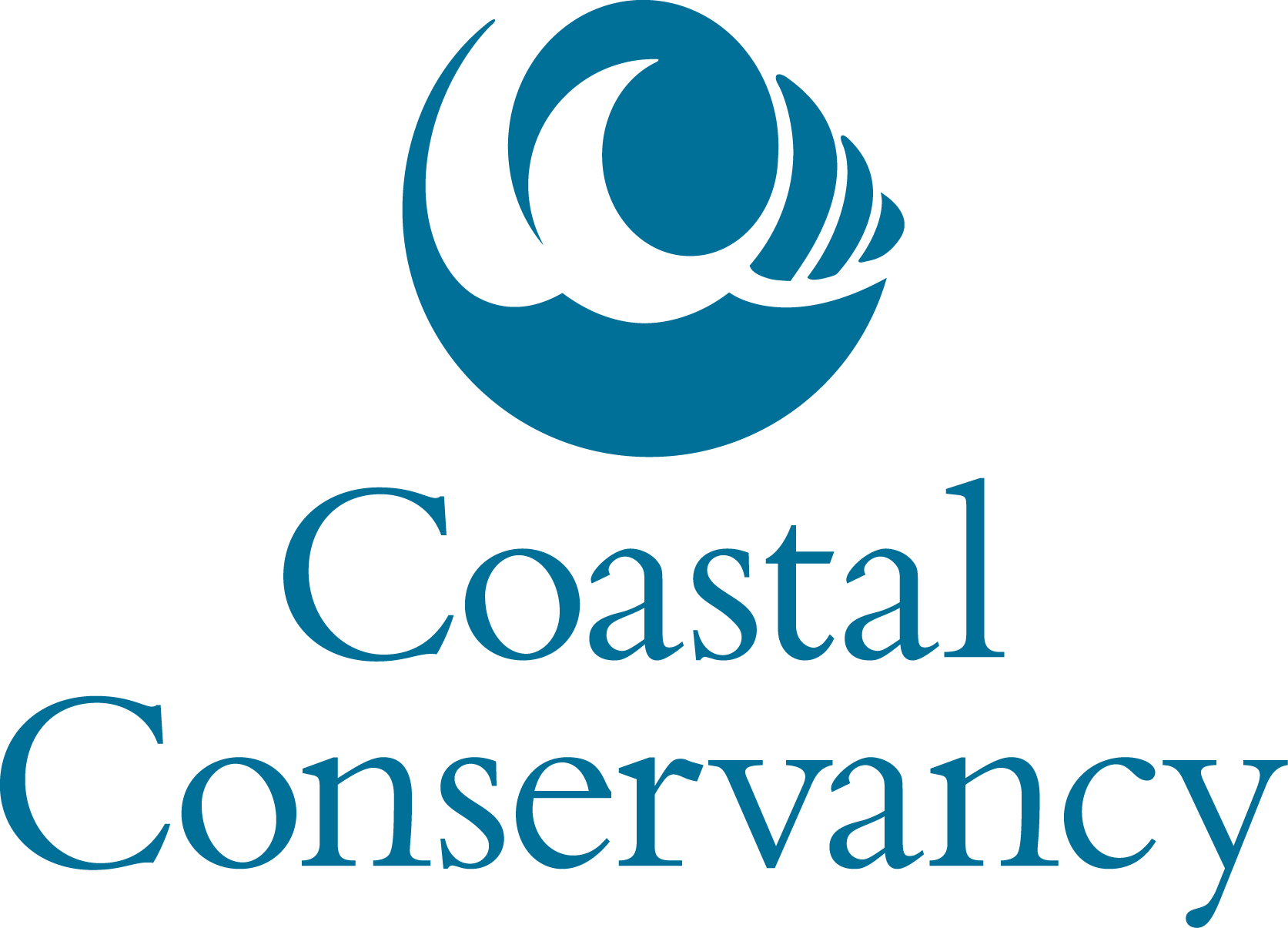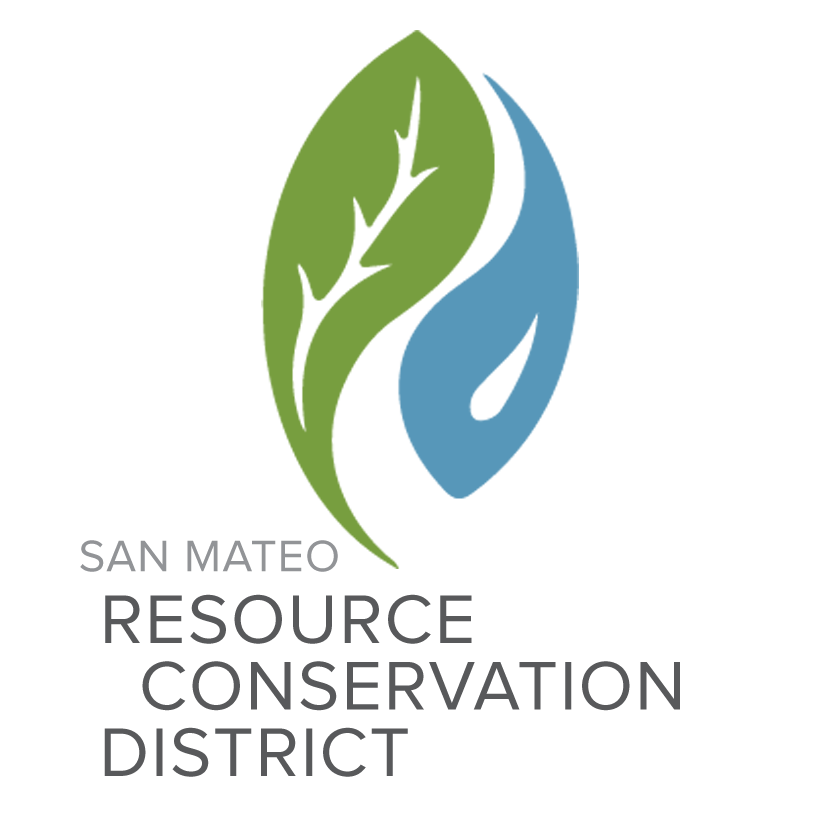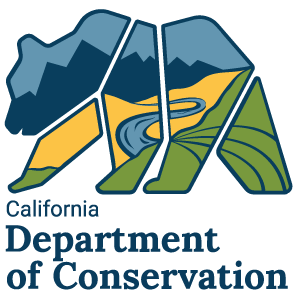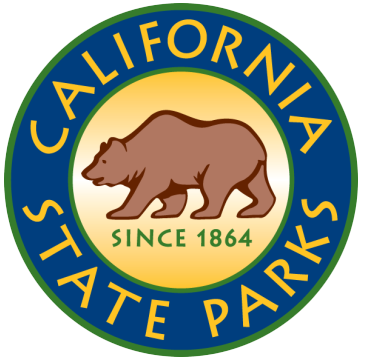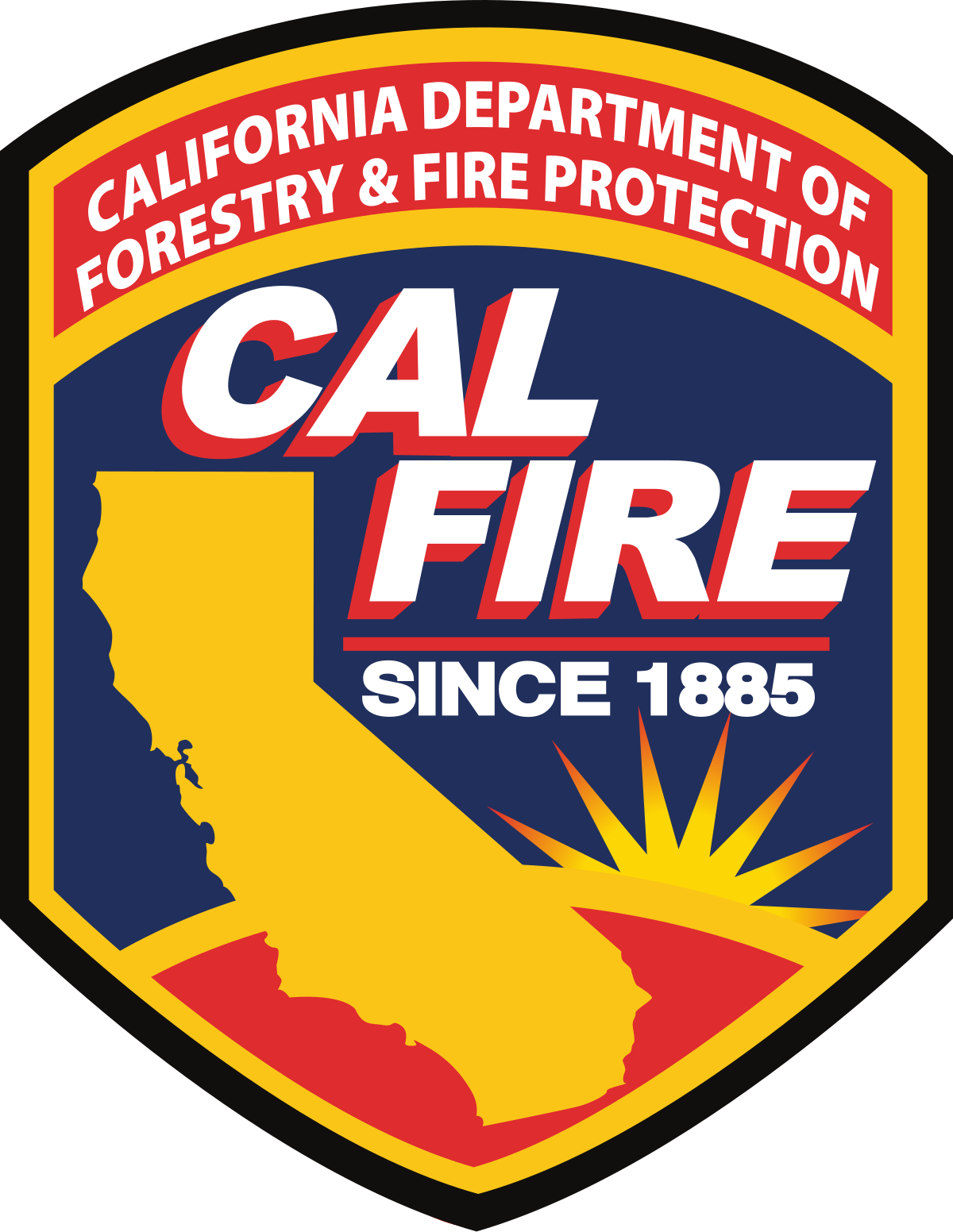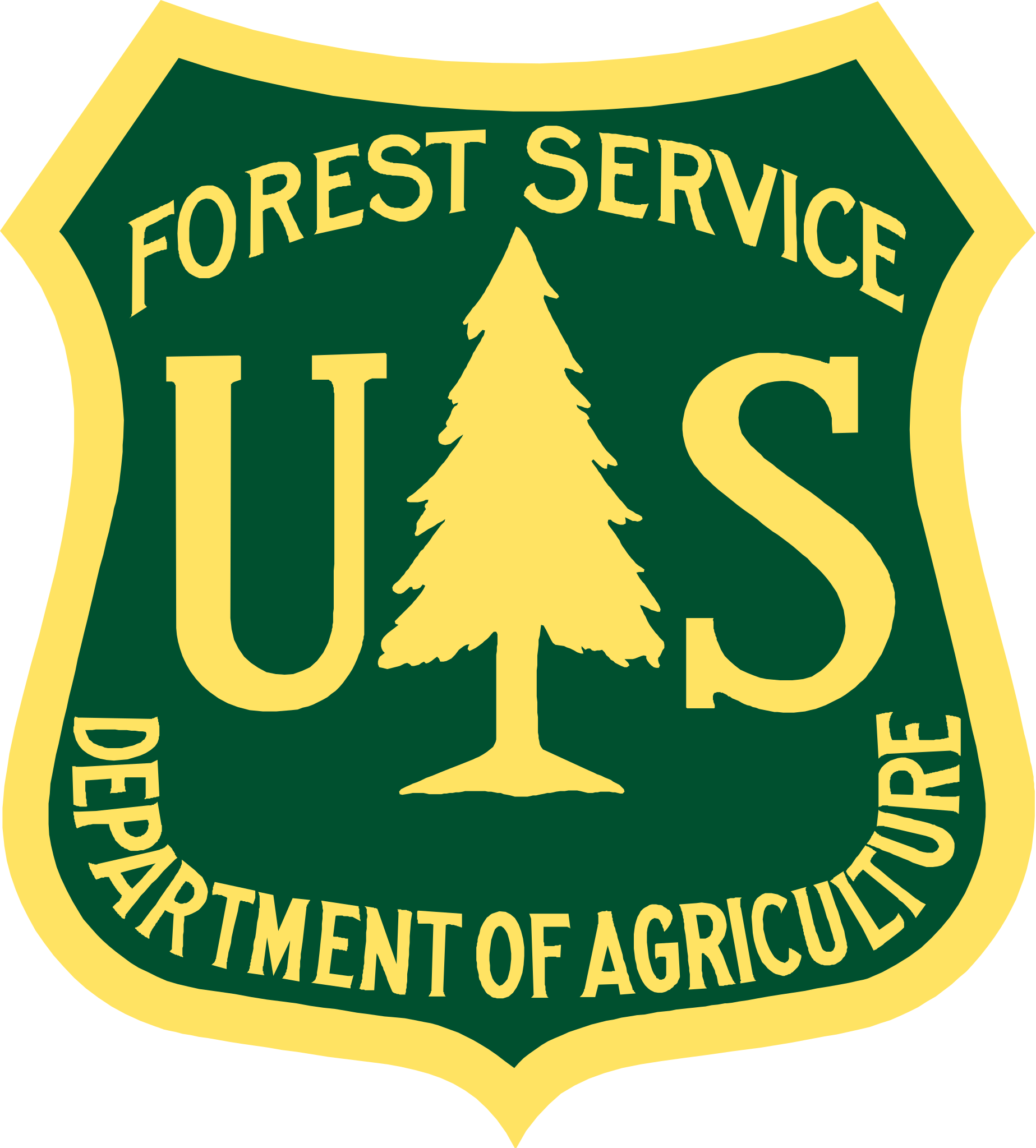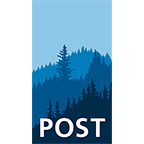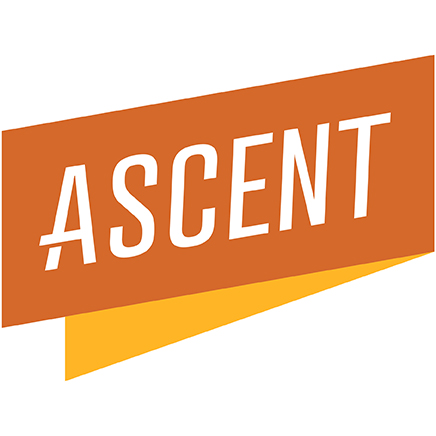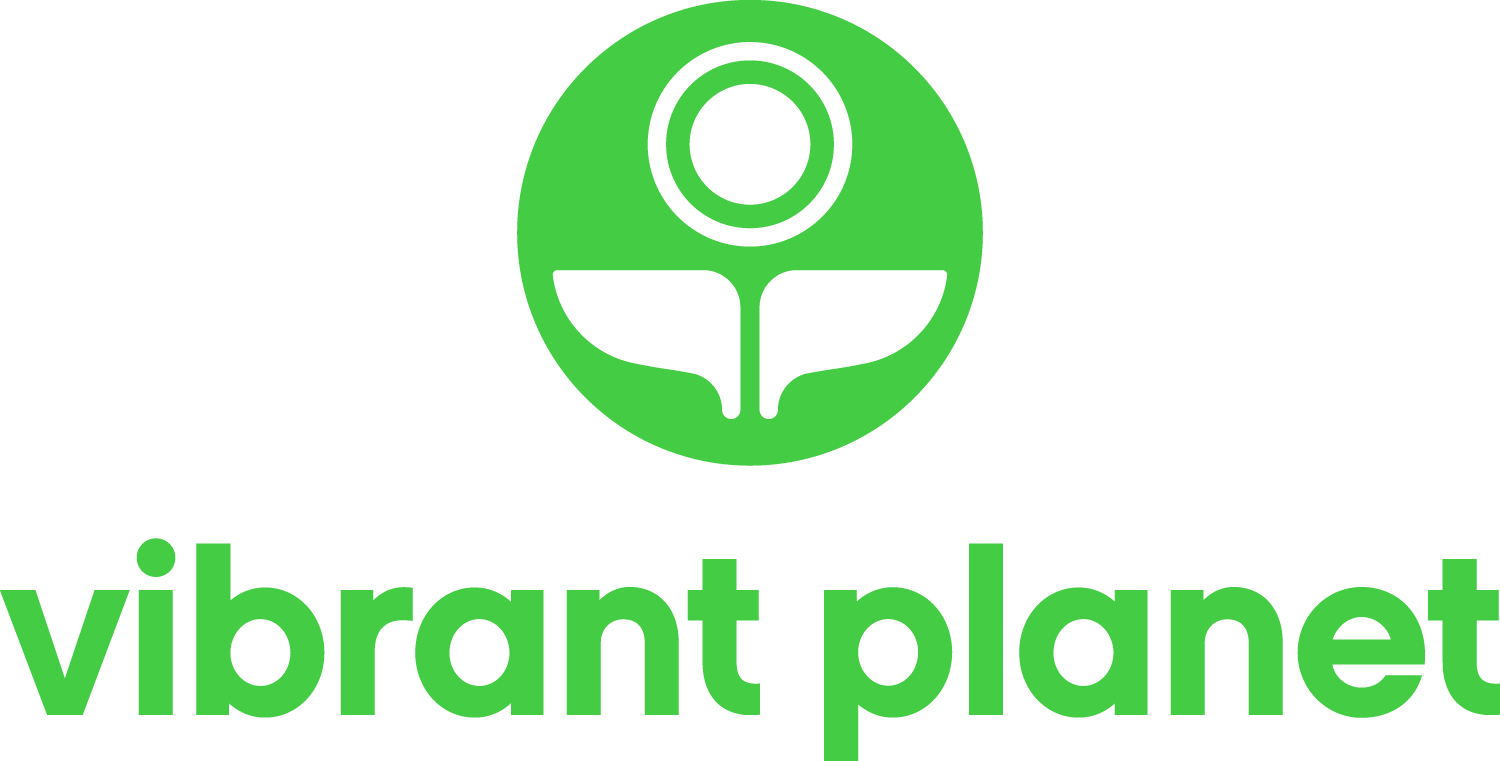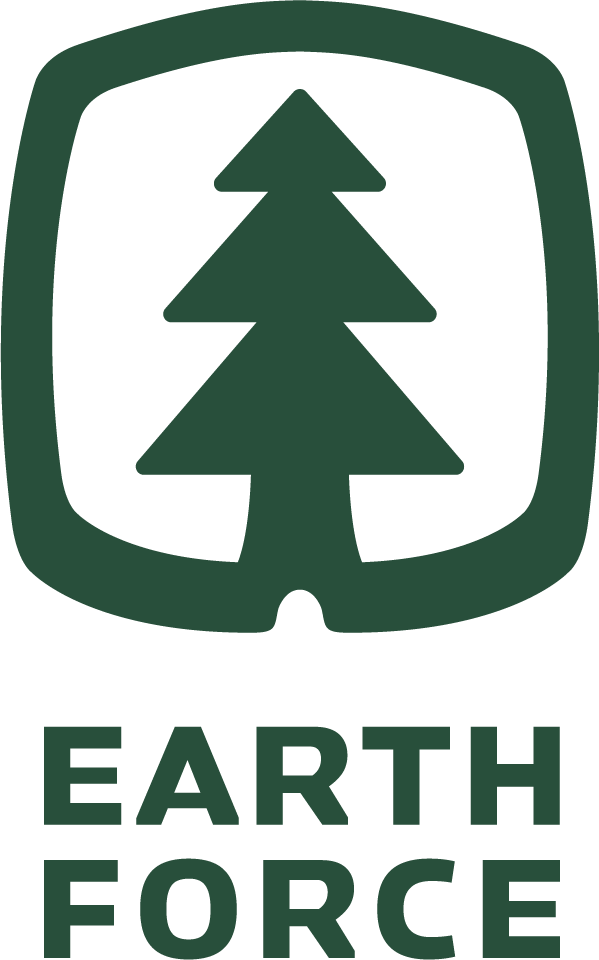ALERTCalifornia: Using AI to Stay Ahead of Wildfires and Other Disasters
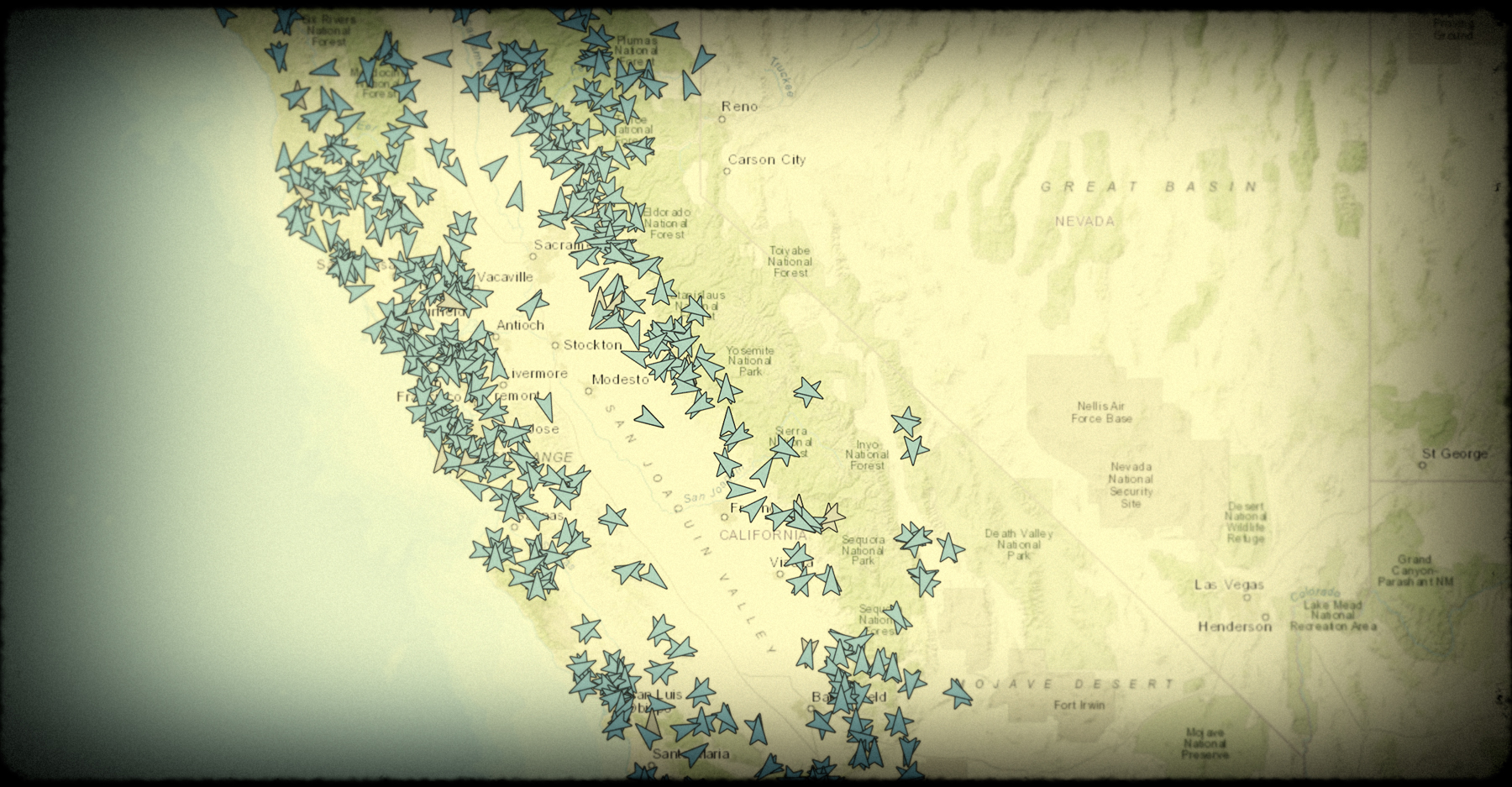
ALERTCalifornia: Using AI to Stay Ahead of Wildfires and Other Disasters
With the shared goal of improving firefighting capabilities and response times, CAL FIRE and UCSD’s ALERTCalifornia has launched an innovative Artificial Intelligence (AI) implementation trial. In keeping with the Task Force’s commitment to cross agency partnership and community protection, this collaborative public safety program aims to provide the tools to prepare for, respond to and recover from wildfires and other natural hazards. ALERTCalifornia has deployed a 24-hour surveillance network of 1,032 high-definition, pan-tilt-zoom cameras for efficient monitoring of active wildfires and other disasters. The pilot program enlists AI to identify abnormalities in the camera feeds and promptly notify emergency command centers.
ALERTCalifornia’s field teams continue to erect new cameras to enhance coverage across the state as California endures more frequent natural disasters. Since the start of 2023, new cameras have been installed in Los Angeles, Santa Barbara and Madera counties.
“The program will spawn invaluable research and mitigation plans that will increase the state’s resiliency towards the new extreme fire risk,” said Neal Driscoll, director of ALERTCalifornia and geoscientist at UC San Diego Scripps Institution of Oceanography.
Northern California Regional Meeting Event
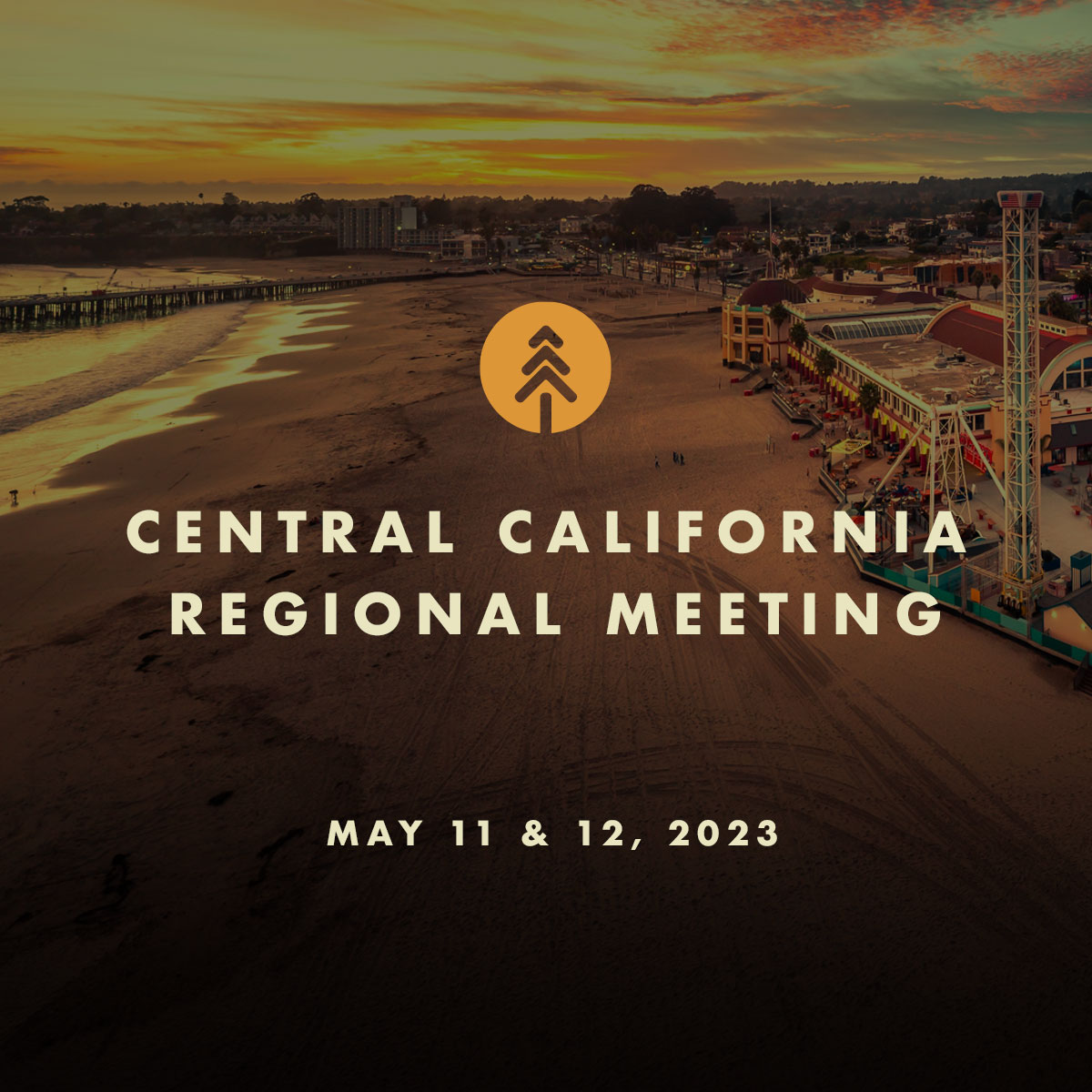
Welcome ToThe Northern California
Regional Meeting
Event schedule
8:30 – 10:00 a.m. Resource Fair
10 a.m. – 12:15 p.m. Morning Session
12:15 – 1:30 p.m. Lunch
1:30 – 3:15 p.m. Afternoon Session
3:30 – 4:30 p.m. Small Group Discussion
4:30 – 6:00 p.m. Reception
agenda
8:30 AM Resource Fair & Check-In
10:00 AM 1. Welcome
10:30 AM 2. Opening Remarks
10:50 AM 3. Director’s Report
• Central Coast Accomplishments & Updates
11:05 AM 4. The Central Coast MosaicRegional Resource Kits
12:30 PM Lunch – Resource Fair Open
1:30 P.M 5. From Local Collaboration to Regional Action
• Organizing for Impact and Adapting to Changing Conditions
• Navigating Complex Regulatory Requirements
2:50 PM Group Activity
3:05 PM 6. Moving Towards a Regional Investment Strategy
3:50 PM 7. Keynote Presentation
• Senator John Laird, CA 17th District
4:15 PM Closing Remarks
4:30 PM Complimentary Reception
June Progress on the Ground
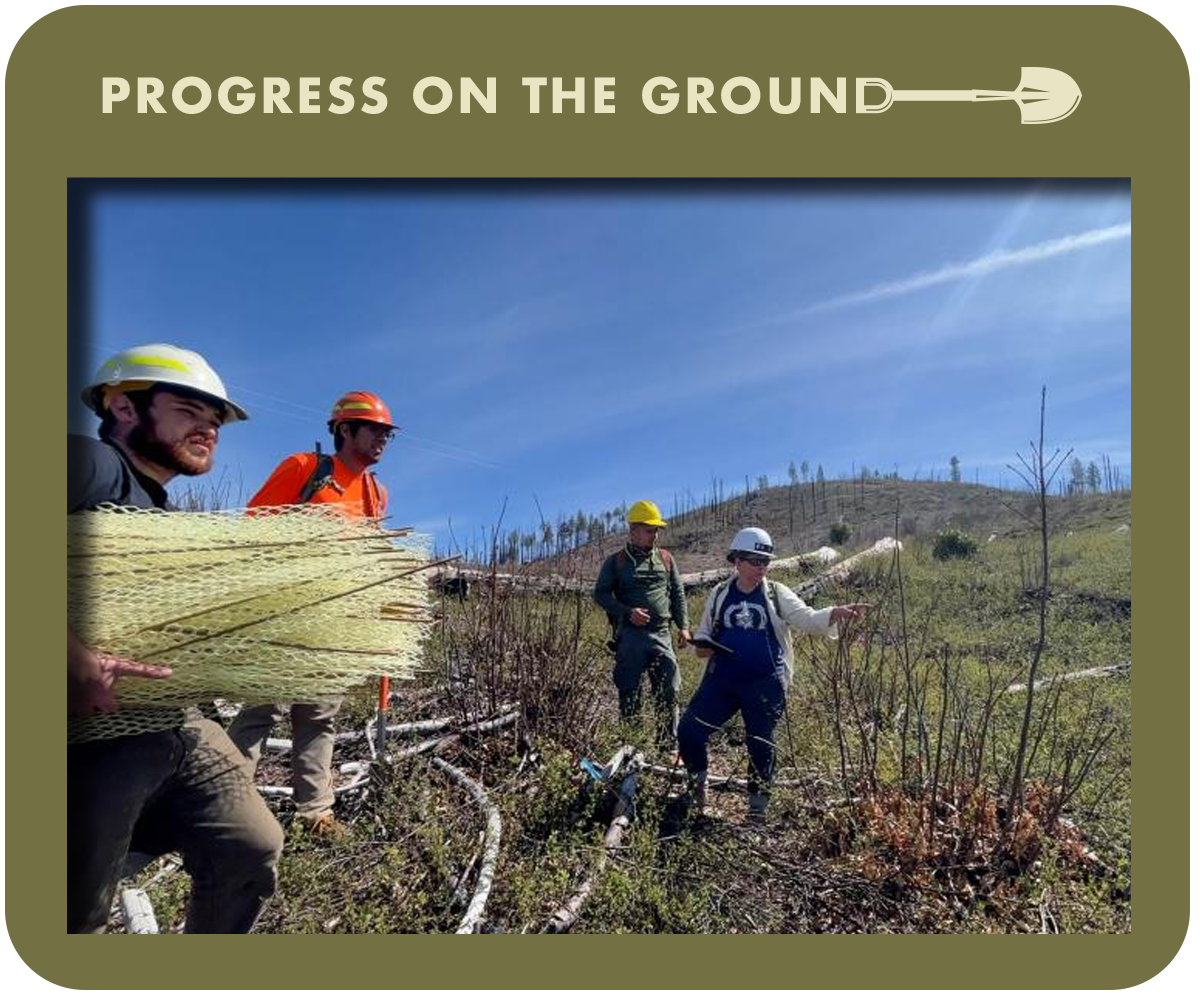
June Progress On The Ground
USFS Concow Resilience Project: Replanting trees is not as simple as it seems. The US Forest Service (USFS) and partners are restoring areas impacted by devastating wildfires in recent years, including the 2018 Camp Fire, and mitigating risks of future catastrophic wildfires with the Concow Resilience Project. The project re-establishes widely spaced oak and pine woodlands to more closely resemble how the land looked prior to European settlement.
USFS Teams up with Shasta College to Provide a Hands-on Learning about Forest Health: Shasta College’s Heavy Equipment Construction and Heavy Equipment Logging students have invested 120 hours this summer in the completion of a fuels reduction project at the Hirz Campground on Shasta Lake with implementation oversight provided by the USFS. Funding for the project was provided by the Shasta Resource Advisory Committee and funding for the Heavy Equipment Logging Operations Program is from California Climate Investments and administered by the CAL FIRE Forest Health Program.
River Pines Community Fuel Break: In the wake of the nearby 2021 Caldor Fire, local residents in Amador County are working with the Amador Fire Safe Council to put CAL FIRE Vegetation Management Program grant money to work to create a fuel break around their community.
The Vegetation Management Program (VMP) is a cost-sharing program that focuses on the use of prescribed fire, and some mechanical means, for addressing wildland fire fuel hazards and other resource management issues on State Responsibility Area (SRA) lands.
Landowners may choose to apply for participation in the Vegetation Management Program. If approved, CAL FIRE assumes the liability for conducting the prescribed burn.
RESOURCES
Task Force Advisory Panel Seeks Input on Northern California Regional Profile
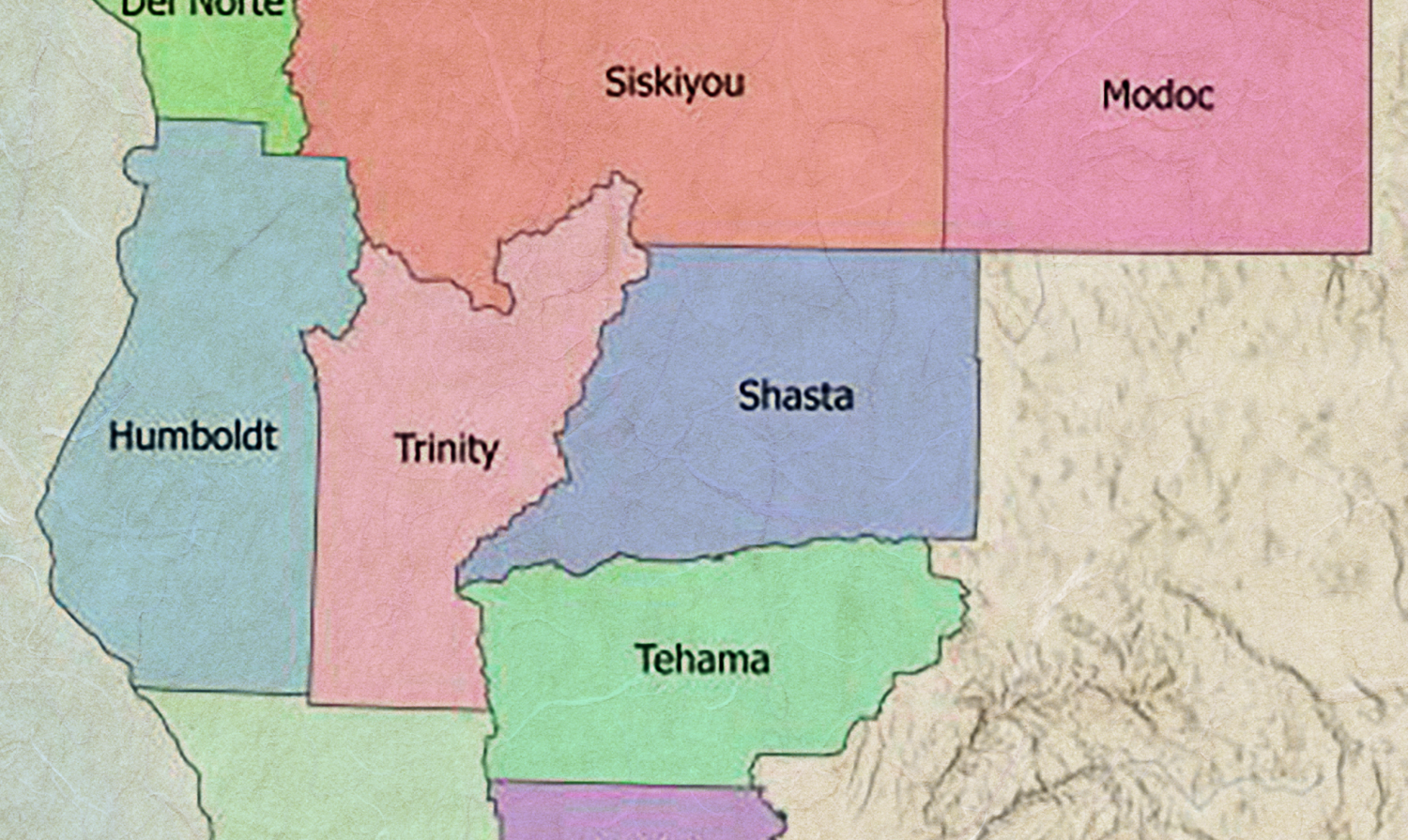
Task Force Advisory Panel Seeks Input on Northern California Regional Profile
In advance of the October 5 Regional Meeting, the Science Advisory Panel is developing the Northern California Regional Profile, a publicly available resource that will summarize the socio-ecological context of the region’s resilience to wildfire. The Panel is requesting those who live, work, or own property in Northern California to participate in a survey to understand regional perspectives on improving ecosystem health and community resilience to wildfire. The survey is open until Tuesday, August 1, 2023.
USFS and CAL FIRE Conserve Private Forestland in California
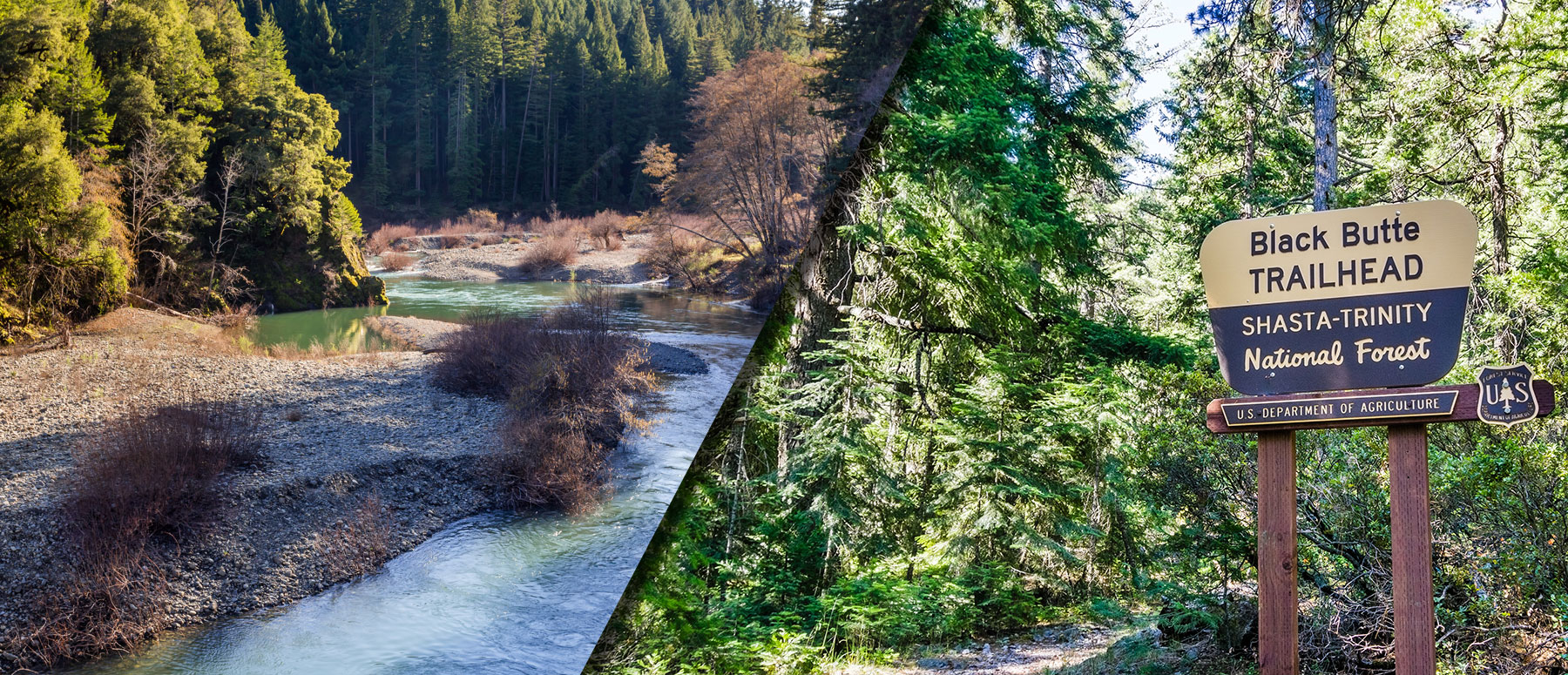
Significant New Investments in Forest Conservation
Conservation of working landscapes is essential in the biodiversity and climate goals of the California Wildfire & Forest Resilience Action Plan and supports the State’s goal of conserving at least 30 percent of California’s land and coastal waters by 2030. These important investments by the state and federal Forest Legacy Programs support these goals:
Federal Awards: On June 29, the U.S. Forest Service(USFS) announced 25,110 acres of working forests in California will be conserved between two conservation easements in California thanks to $13 million from the Federal Forest Legacy Program. Nationwide, the USFS invested $188 million to conserve more than 245,000 acres. The Trinity Timberlands project will protect 12,090 acres within Shasta-Trinity and Six Rivers National Forests and the 13,020-acre Brushy Mountain project will conserve three miles of the federally designated Wild and Scenic Eel River.
State Grant Solicitation: CAL FIRE’s Forest Legacy Program will fund up to $20 million to protect forest land threatened with conversion to non-forest uses. Under this competitive grant program, CAL FIRE will purchase or accept donations of conservation easements or fee title of productive forest lands to encourage their long-term conservation. The pre-application period closes July 16, 2023.
New State and Federal Investments in Wood Innovations Products
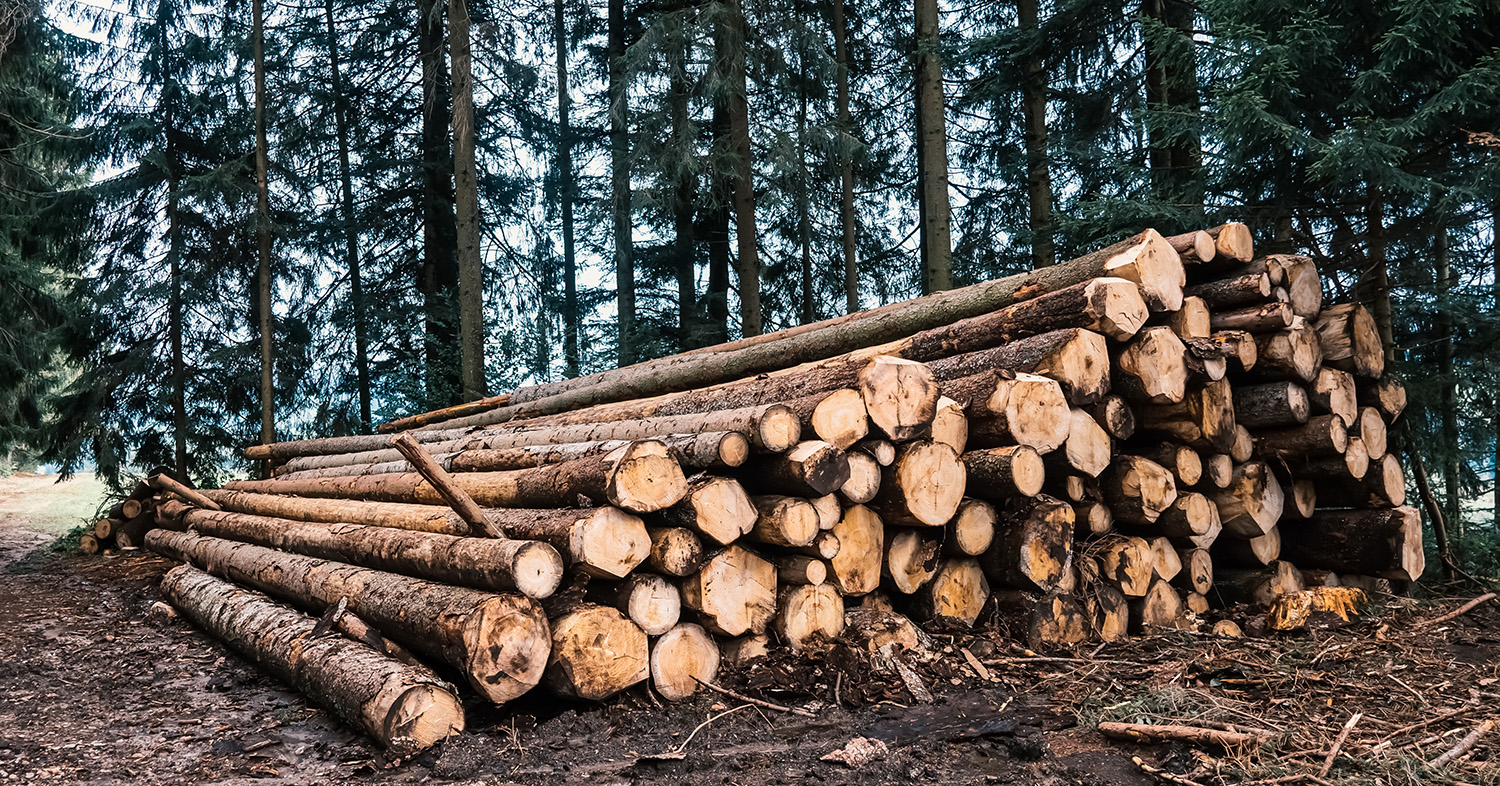
New State and Federal Investments Being Made in Wood Innovations Products
USFS Invests $43 Million in Wood Innovations Projects: The U.S. Forest Service supports innovation in the wood products economy, expansion of wood energy markets, and promotes wood as a sustainable building material. California will receive nearly $3.5 Million to invest in 12 Wood Innovations grants as part of a nationwide $54 million investment. The funded projects will expand modern wood use — as construction material in commercial buildings, as an energy source, and as manufacturing and processing for wood products used in framing homes and more.
CAL FIRE Invests $16 Million in Biomass Energy, Wood Products and Workforce: CAL FIRE’s Wood Products and Bioenergy Program awarded $16 million through 14 grants to non-profits, small business and manufacturing facilities. Grants will allow the subsidized transport or low-value forest biomass, job training opportunities, forestry outreach, and the development or expansion of small forest operations and milling businesses.
USFS Invests Additional $33 Million in Deferred Maintenance Projects in California
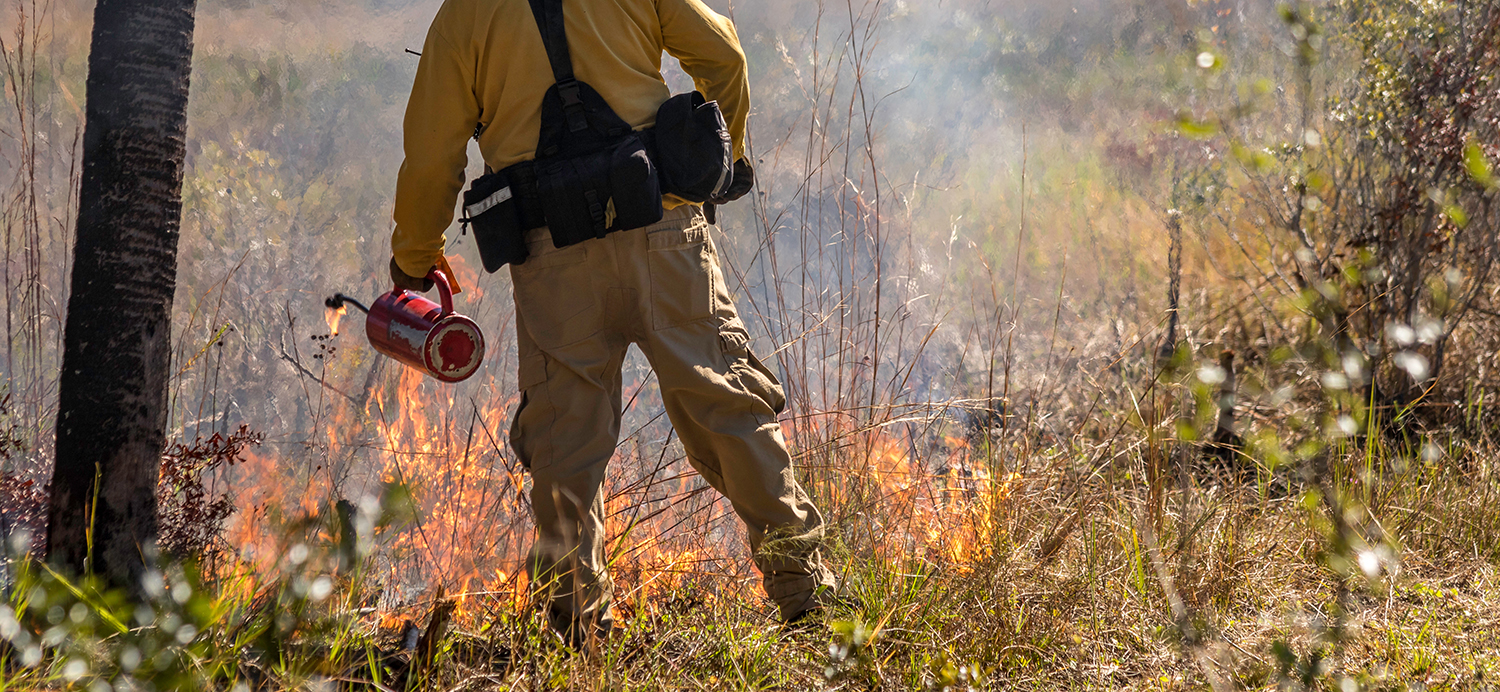
USFS Invests Additional $33 Million in Deferred Maintenance Projects in California
On May 16, U.S. Forest Service announced $33 million in funding from the Great American Outdoors Act of 2021 to help support 23 select projects across 12 forests and/or management units in California.
State Agencies Fund Wildfire Resilience, Habitat Restoration and Conservation Projects
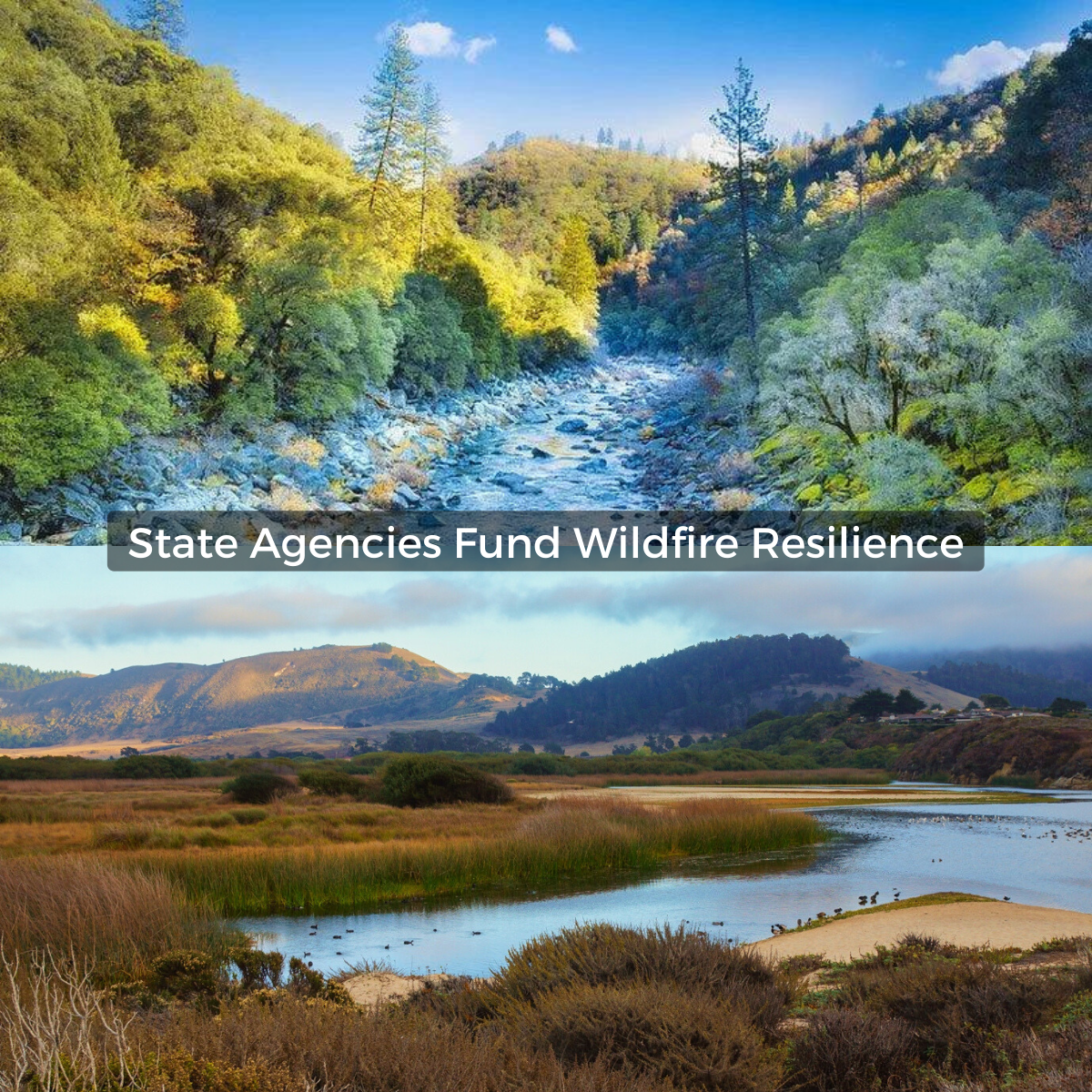
State Agencies Fund Wildfire Resilience, Habitat Restoration and Conservation Projects
State Agencies Fund Wildfire Resilience, Habitat Restoration and Conservation Projects:
State Coastal Conservancy $78 Million for Climate Resilience, Public Access, Habitat Restoration and Wildfire Resilience: On June 1, the State Coastal Conservancy approved nearly $78 million for 34 projects to protect and restore coastal lands, increase coastal resilience to climate change, improve public access to the coast, and reduce the impact of wildfire on coastal lands.
SNC Approves $22.5 Million to Build Resilience, Boost Recreation, and Conserve Land: On June 1, the Sierra Nevada Conservancy (SNC) approved roughly $22.5 million for 24 different projects that will benefit wildfire recovery and forest resilience, expand recreation opportunities, and conserve strategic land throughout California’s Sierra-Cascade region.
USFS Releases New Forest Plans for Sequoia and Sierra National Forests
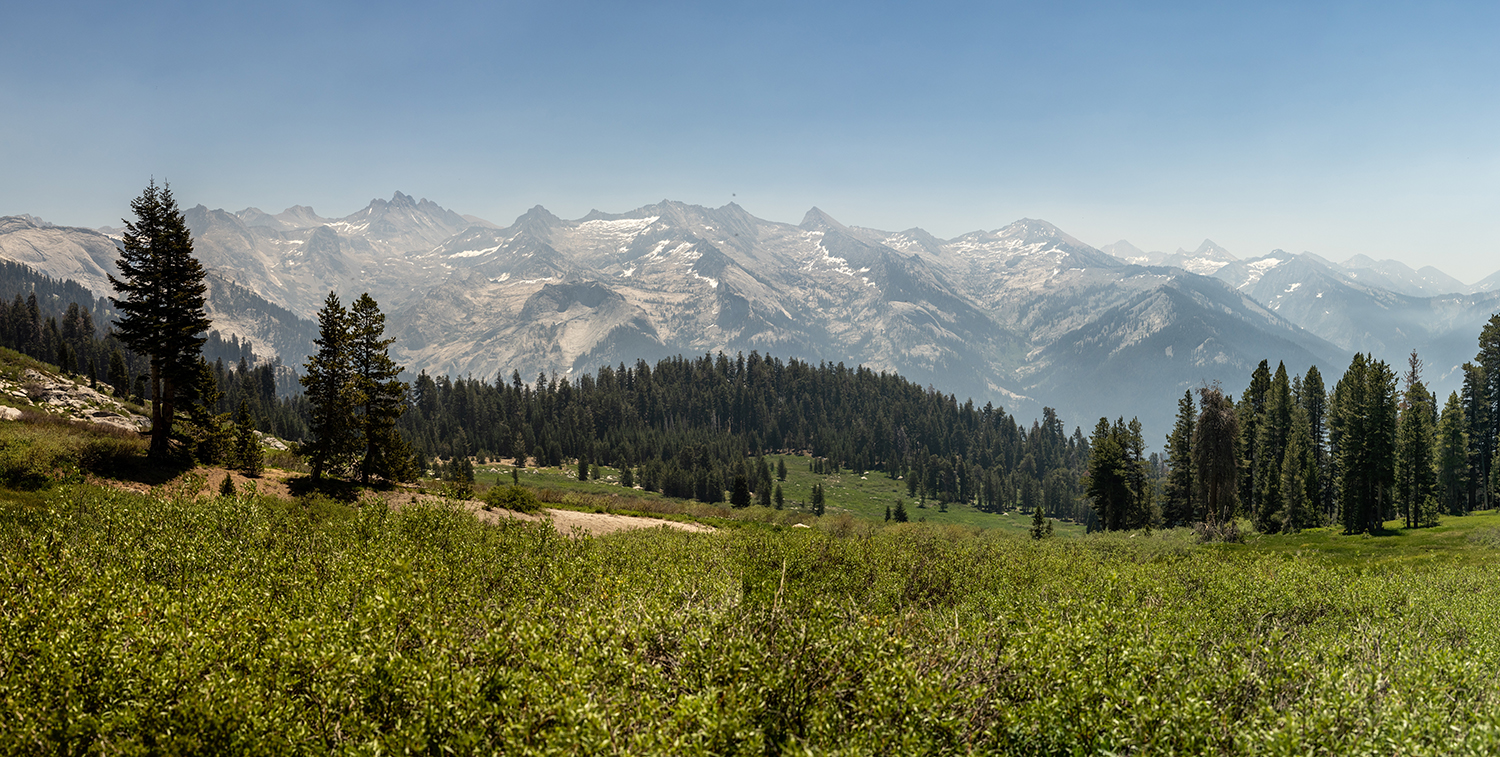
USFS Releases New Forest Plans for Sequoia and Sierra National Forests
Through a Notice of Plan Approval in the Federal Register, on May 26 the USFS released a final environmental impact statement and final decisions for the Sequoia and the Sierra national forests revised land management plans. The revised plans are strategic guidance documents that will be used to address the challenges of managing complex ecosystems for all forest users over the next 20 years. Each plan was developed with extensive stakeholder involvement and scientific consultation.
CNRA Publishes Annual Report on 30x30 Initiative
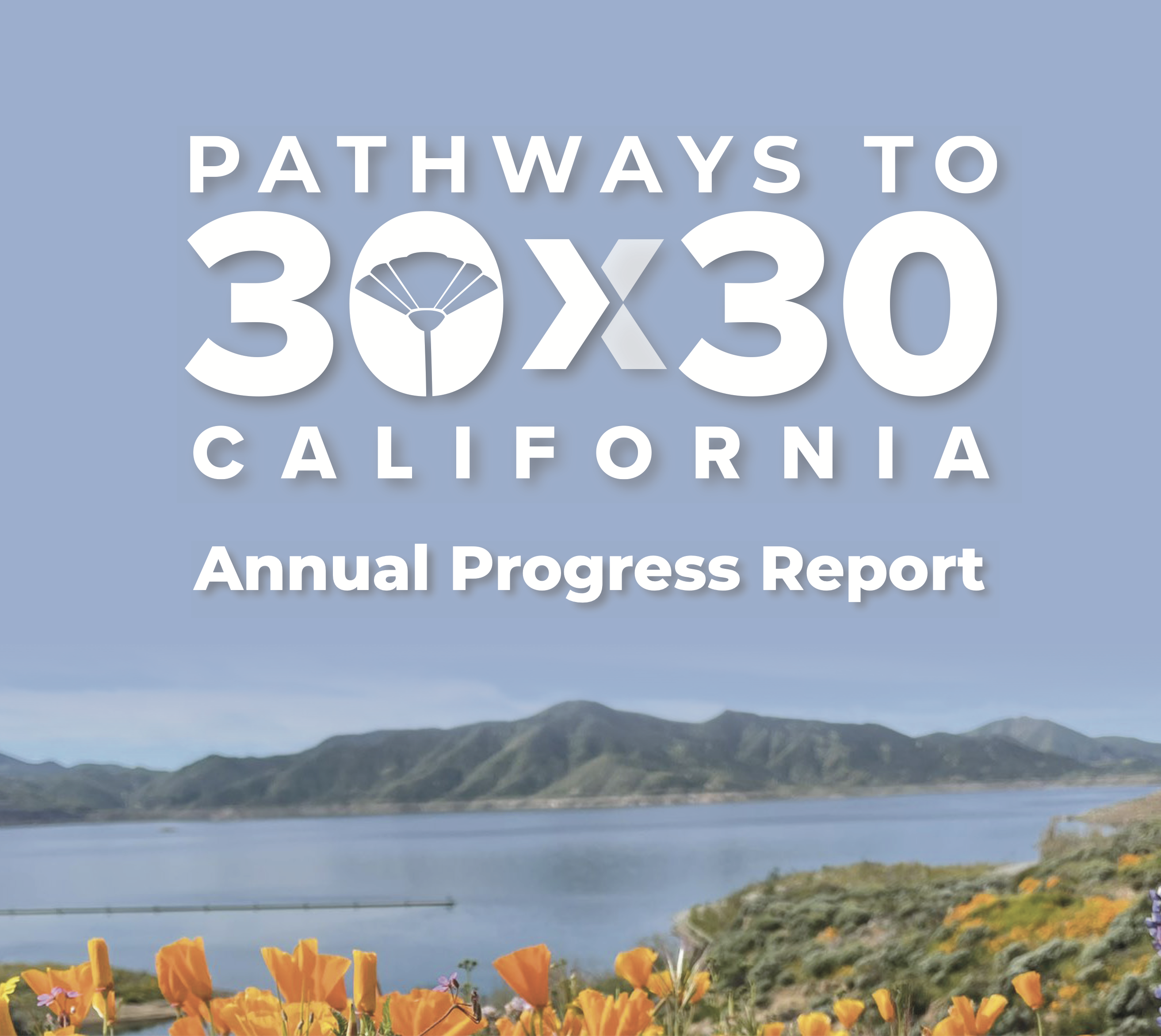
CNRA Publishes Annual Report on 30x30 Initiative
30×30 is California’s landmark commitment to conserve 30 percent of the state’s lands and coastal waters by 2030. This important target has launched a collective initiative that leads the world in protecting, restoring and preserving our natural environment. Real, tangible progress is being made toward realizing this goal. On May 18, CNRA released its annual report showing that California added approximately 631,000 acres of conserved land since April 2022, bringing the statewide total to 24.4 percent of lands and 16.2 percent of coastal waters protected. The report details investments of $116 million in 83 different conservation projects, and shows meaningful progress on 79 of the 112 Pathways to 30×30.

